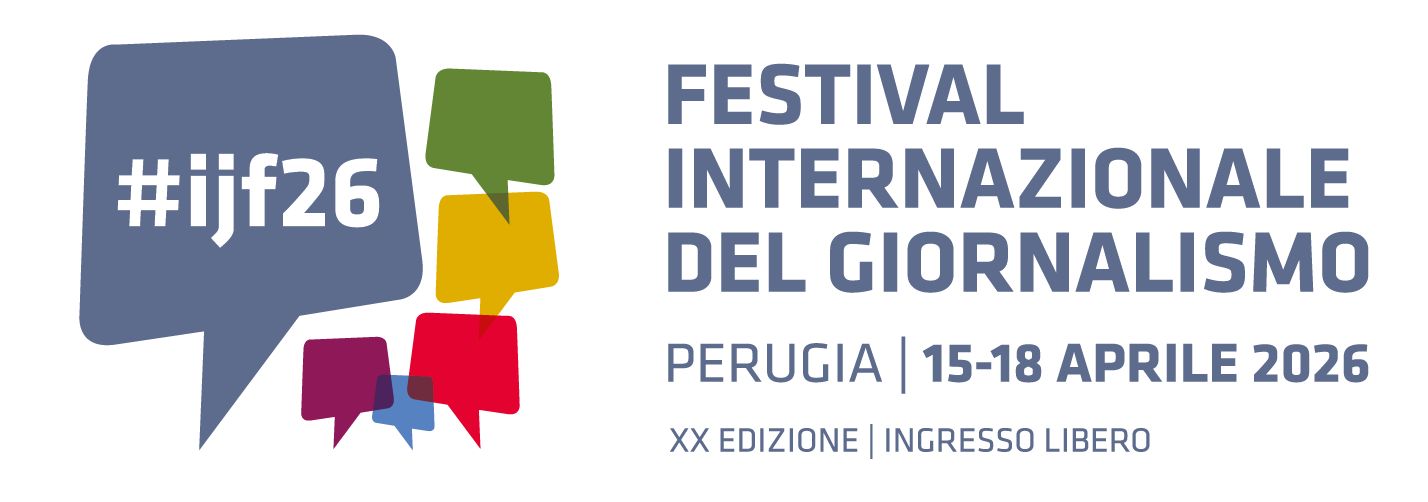Democracy is under threat in Africa. For decades, the continent has been associated with sit-tight dictators and one-party systems. For instance, seven of the world’s 10 longest-serving leaders are Africans. Elections are flawed with irregularities with citizens losing faith in a system that lacks transparency and credibility.
While there have been promising developments, there have also been setbacks across the continent. Growing cases of human rights abuses are frequent and random by leaders who detest opposition or fierce criticisms. Civil societies and media organizations are often targeted. In many countries in sub-Saharan Africa, civic space has been shrinking since the early 2000s, according to the German Institute of Global and Area Studies [GIGA]. Governments intimidate and arrest activists, and publicly criticize their advocacy work, GIGA says.
In Nigeria, many Nigerians believe that the present government led by former military dictator, President Muhammadu Buhari is not a democracy but an autocracy. Journalists and media houses have been attacked by agents of the state. For instance, there were public outrage by Nigerians and the international community on the arrest and continued detention of journalist and pro-democracy activist, Omoyele Sowore by state agents for organizing a peaceful protest. He was recently released following pressure from the US government and other international human rights groups like Amnesty International. However, at least three journalists are currently detained in Nigeria. In Uganda, instead of democracy, the country is moving towards dictatorship. President Yoweri Museveni who has been in office for more than 30 years, has zero tolerance for the opposition. Journalists have been arrested while opposition politicians are routinely harassed. Therefore, democracy isn’t thriving in Africa. If it is in any way, then so is autocracy. This panel is a representative of experienced journalists reporting on politics, monitoring elections and following political developments in their countries and the African continent. During the panel, they will discuss the shrinking democratic space in Africa. They will also discuss and share their expertise and knowledge on this issue especially as it affects journalists whose rights have been abused by repressive governments. Questions to be considered: 1. How far has the democratic space in Africa shrunk over the years? And what are the reasons for this? 2. How does this affect the running of democracy/democratic institutions across the continent? 3. What have been the reactions of civil society organizations and human rights groups on the shrinking democratic space? 4. Any change in sight? Can African countries regain strong democratic values as practiced in the west? 5. How have journalists been affected by repressive African leaders?
